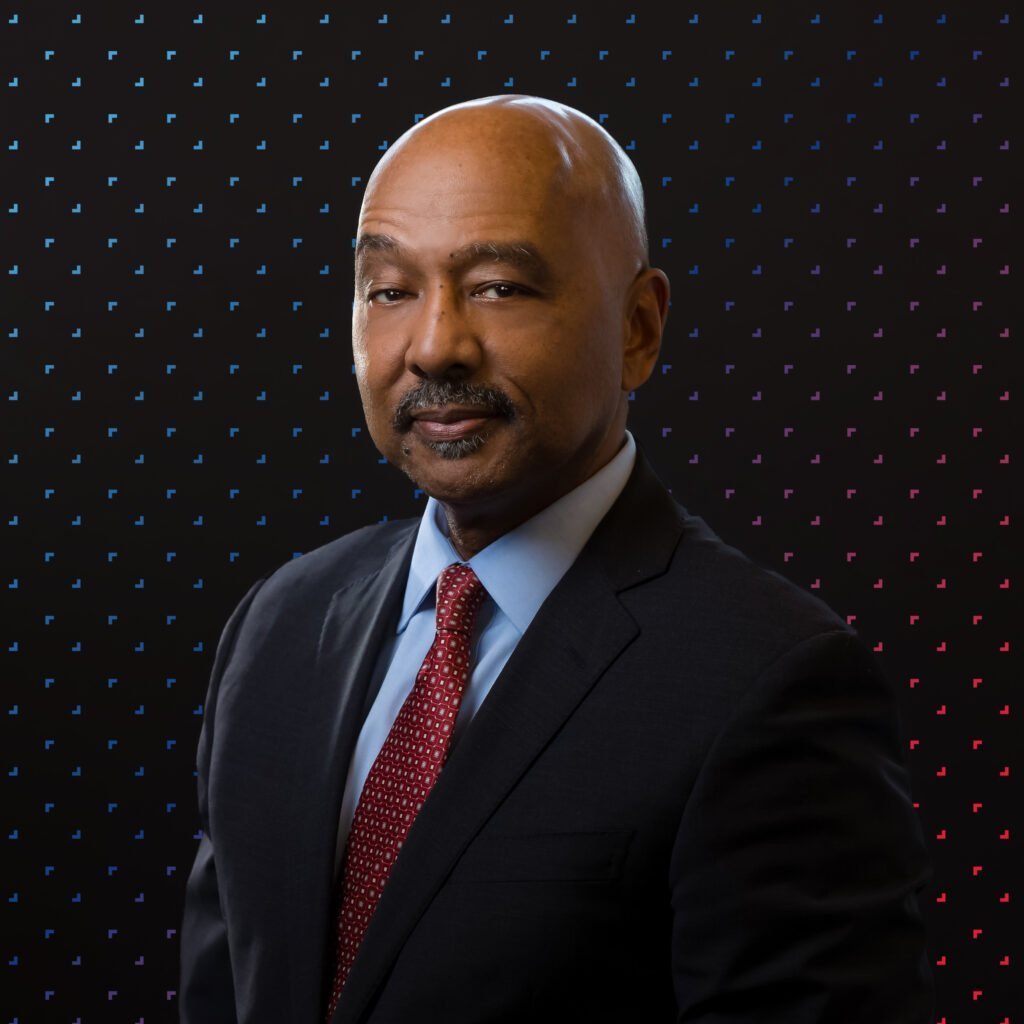
Charles Francis is an advocate. As an attorney, he often represents the powerless, making sure their voices are heard loud and clear.
The Raleigh native comes from a prominent civic-minded African-American family. His maternal grandfather, Charles Irving Sr., was one of the first black mailmen in the capital city and co-founded the Irving-Swain Press Inc.
For 50 years, the Southeast Raleigh printing company produced church bulletins, Civil Rights events programs and college newspapers including A&T College’s newspaper with a front page photograph of the students who took part in the historic sit-in at Woolworth’s in Greensboro.
For Francis, becoming a lawyer was his way of continuing his family’s proud legacy. “I represent people who need it.”
Francis, the managing member of the Francis Law Firm, is a trial lawyer who speaks for badly injured clients and counsel for several well-known companies and organizations including North Carolina Mutual Life Insurance Co., Food Lion, First Citizens Bank, and the Raleigh Housing Authority.
In 2002, Francis pled the case of a Chicago woman who suspected her son’s cerebral palsy and severe brain damage were caused by medical malpractice. He won a $19 million settlement, one of the largest of its kind ever won by a North Carolina lawyer.
He takes on those wronged, everyday folks like John H. Hurst and his sister Harriet Hurst Turner, heir to a trust. The state of North Carolina tried to take their family’s 289-acre Onslow County waterfront property without compensation. The land once served as a beach for African Americans in the days of racial segregation.
He negotiated $10.1 million compensation for the Hurst siblings.
“We are attorneys and entrepreneurs at law,” says Francis. “We counsel, advise, and represent our clients so they can make transformative changes.”
Dr. Everett Ward, the President of St. Augustine’s University, says “Charles has been extremely successful…he is someone with great choices but has chosen to give back to his community.”
The two men grew up together. “Our relationship is generational, our grandfathers served together in World War I,” Dr. Ward says. “Charles has changed the landscape of Raleigh.” He has served as a Raleigh City Council member, a Raleigh Planning Commission member and as a Rex Hospital trustee.
Some of that terrain he’s elevated has been in public housing. As the attorney for Raleigh Housing Authority, Charles assisted in the transformation of several of the city’s housing projects. Both Walnut Terrace and Chavis Park have been rebuilt as mixed-income housing giving residents a bridge from poverty to home ownership.
The African American community matters to him. Dr. Ward says, “He serves as our university attorney, representing the interest of St. Augustine’s. It’s not just a client and attorney relationship, he understands the history of the institution.”
“He’s helped the university through some critical times,” Dr. Ward says. Like many historically black colleges and universities, St. Augustine’s suffers from declining enrollment and dwindling tuition revenue.
“He’s positioned the university in a much more favorable light. He works behind the scenes to bring people together. One of his true assets is that he does that for the benefit of others.”
With that same spirit, Charles sits on the RTF board. “My interest in serving on the board is to promote economic development in the region,” he says. “I would like to strengthen the link between the Park and N.C. Central, Shaw and St. Augustine’s,” he says.
Charles, a founding director and vice-chairman of the North State Bank, a full-service community bank, continues to be an agent of change as a lawyer and entrepreneur.
“Raleigh and the Triangle region have grown tremendously in my lifetime…We want to continue the growth and service of the Park to the Triangle community but we have to redefine it to the current needs and the current age,” he says.
“The growth is in smaller, more nimble entrepreneurial ventures,” he says. “I wanted to be part of that shift. We are redefining the nature of the Park.” Francis sees the shift in focus opening opportunities for broader participation in opportunities in RTP at all levels. “The Park was founded to expand opportunities by nurturing businesses. In adopting that model to the 21st century, we are required to reach out to a broad cross-section of North Carolinians and beyond”